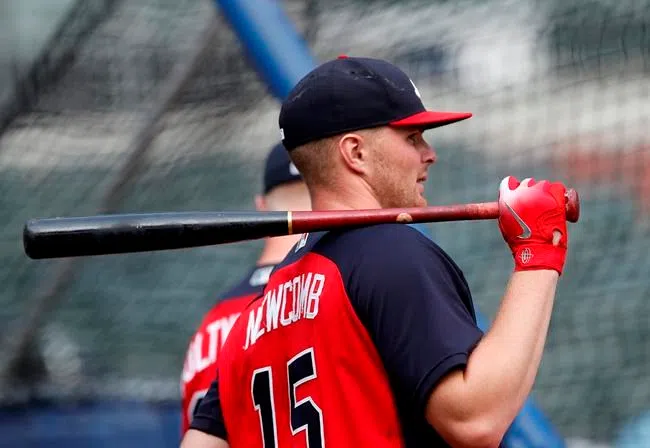
Users share player tweets to expose ‘toxic’ baseball culture
A pair of Twitter users whose posts exposing offensive tweets by baseball players went viral over the weekend say their aim was not malicious but to give fans a fuller picture of who they’re cheering for, and to expose the sport’s “toxic” culture.
In exclusive interviews with The Associated Press, both users said they weren’t looking for the years-old tweets from Milwaukee Brewers reliever Josh Hader or Atlanta Braves pitcher Sean Newcomb , but when the posts came across their timelines, they felt obligated to share them.
Kevin Jenkins wasn’t looking through Hader’s twitter feed as he watched the All-Star Game earlier this month. But then they began popping up on his Twitter feed. After seeing the pitcher’s racist, sexist and homophobic remarks, it was hard for Jenkins to remain a fan.
“Before the tweets, I thought he was a cool guy,” Jenkins said via direct message on Twitter. “An amazing pitcher and an even better person … After the tweets, I mean … It’s hard to defend the guy. My opinion has definitely changed.”
